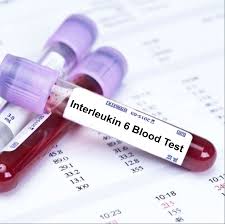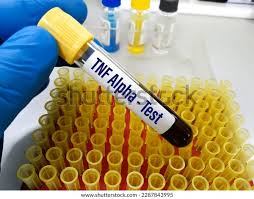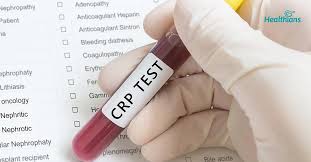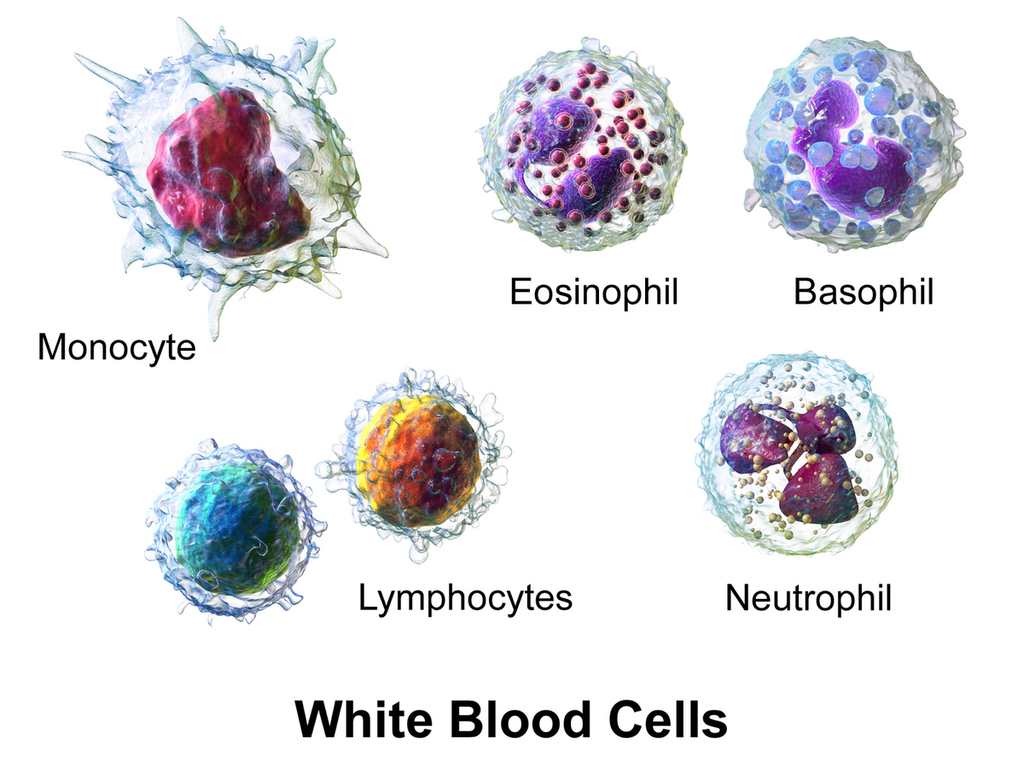
LDL Cholesterol
LDL or low density lipoprotein cholesterol carries the cholesterol particles throughout the body to ensure that various functions of the body are optimal. From building healthy cells to ensuring hormone production, there are several important processes that depend on healthy cholesterol flow through the body.
LDL cholesterol is also an important biomarker as it can help doctors understand your body's risk factor for plaque, blood flow issues, and other cardiovascular problems. If you have a prior history of heart issues or are conducting a routine health check-up then getting your LDL cholesterol biomarker tested will be key.
What is LDL Cholesterol?
LDL cholesterol is referred to as the bad cholesterol as it shows how much cholesterol is present in your blood for various processes and functions. It is a particle that is made up of an outer rim with a cholesterol centre, which is why it is called the low density lipoprotein.
The lipoprotein carries the cholesterol to other tissues, such as the adrenal glands, muscles, gonads, and adipose tissues that have the receptors for the apoB-100. The particle is then taken by the receptor-mediated endocytosis, which is then used by the body for its various functions.
Normal range for LDL cholesterol
Normal levels of LDL cholesterol are important to maintain within the body so that you're able to improve your wellbeing and activity levels. Your risk of heart disease and other cardiovascular conditions can be tested by understanding your LDL levels.
For men
Desirable - below 100 mg/dl
At-risk - 190 mg/dl or higher
For women
Desirable - below 100 mg/dl
At-risk - 190 mg/dl or higher
What if LDL cholesterol is high?
Higher levels of LDL can be considered at-risk at levels above 190 mg/dl, as there may be complications with other health conditions. Your risk of heart disease, cardiac issues, plaque, and hardening of arteries can rise if the LDL cholesterol is higher. You should consult with a doctor about medication and other interventions that can help with enhancing your LDL cholesterol levels.
What If LDL cholesterol is low?
Lower levels of LDL cholesterol are generally a good sign that your body is optimally absorbing and metabolizing the cholesterol particles flowing through. In most cases, you can continue opting for a healthy nutritional plan and improve your activity to maintain your LDL cholesterol levels long-term. You can also avoid bad cholesterol sources through your diet to ensure that you're healthy.
Symptoms of out of range LDL cholesterol
You may not experience direct symptoms of LDL cholesterol issues, as these may not be present in the immediate term. You may experience pain in the chest region, rapid heartbeat, tiredness, and rapid breathing as some of the preliminary symptoms of LDL out of range cholesterol readings.
Difficulty breathing
Rapid breathing or difficulty breathing can be signs of LDL cholesterol high levels. You can continue focusing on medication, activity, and other interventions, but you should also ensure that you're tracking O2 levels through an oximeter.
Rapid heartbeat
You can experience a rapid heartbeat sensation, which can be tested through an ECG. You may also experience periods where your heartbeat is speeding up at different times through the day, with a sensation of anxiousness.
Chest pain
You can feel chest pain when your LDL cholesterol may not be in the normal range. You can get your LDL and HDL cholesterol tested to know more about why the symptom may be occurring. You can also get your complete vitamin and mineral test done.
Tiredness
You may experience significant tiredness when your LDL cholesterol may be out of range. You can also feel tiredness throughout the day or during specific times, which can be vital to track. It is important to know when you may feel exhausted so that you can take the right measures.

How Often This Marker to be Measured
If you are managing your cholesterol levels over time, then getting them tested every 8-12 months will be ideal. Your LDL cholesterol normal range can be a good baseline, along with other important biomarkers. Your bad cholesterol reading will be a good measure of how effective your interventions are and how steadily you can improve them over time.
How to Improve LDL Cholesterol Naturally
To get your cholesterol levels in your blood to a normal baseline, you would have to make long-term changes that can reduce your LDL bad cholesterol. Through diet and lifestyle changes the cholesterol in your blood or your total cholesterol can also improve, which can lower your risk factor for a range of health issues.
Replace with healthy fats
You should focus on a healthier approach to your nutrition plan when it comes to reducing LDL levels naturally. Your LDL cholesterol normal range can indicate your baseline levels, which means that the bad cholesterol isn't being utilized fully. By switching to healthier salads and meals, you can understand how to reduce LDL cholesterol.

Cut out smoking & drinking
By cutting out smoking and drinking, you can improve your body's ability to process cholesterol and clean your system. By removing these toxins from your body, you can enhance your cholesterol absorption and metabolization.
Focus on simple healthy meals
The best strategy on how to reduce LDL cholesterol is to focus on simpler meals that consist of the basic food elements. You can opt for chapatis, sabzis, salads, and simple meals to help in managing your LDL cholesterol levels.
Exercise and activity
Exercising can help in reducing your LDL cholesterol levels, if you are engaging in a healthy amount of exercise regularly. You can also opt for yoga, stretching, jogging, and other activities to ensure that you're able to get your required activity levels.
Limit fatty foods
By limiting fatty foods you're able to get normal LDL cholesterol levels long-term. You can also limit highly processed foods and red meats which may increase your risk factor of high cholesterol levels. LDL normal value should be tested regularly to ensure optimal levels.
FAQs
What medications are ideal for LDL cholesterol levels management?
Statins are generally prescribed for the management of cholesterol levels, which includes LDL cholesterol levels. Your doctor will be able to provide more information with regards to your prescription and other interventions, which is why it is important to visit a specialist.
Can menopause affect LDL cholesterol levels?
For some women, there may be a connection between LDL cholesterol and menopause which can be tested after you have gotten menopause. You can get multiple tests done to check for core levels and elevations if any.
Can medication impact LDL levels?
Some medications such as those for blood pressure or steroidal medication, can impact LDL levels in some cases. It is best to consult with your doctor about LDL levels management and how your medication may impact these levels.
Is LDL cholesterol impacted by fruits & vegetables ?
Fruits and vegetables can improve your fibre intake and provide the necessary nutrients that your body needs to metabolize food. These can indirectly help improve your LDL levels, especially if your diet is highly processed or consists of fatty foods.
* * Medical Disclaimer - The following information is for educational purposes only. No information provided on this website, including text, graphic, and images, are intended as substitutes for professional medical advice. Please consult with your doctor about specific medical advice pertaining to your condition(s).






